The Diaper Forest project
Together with Goldeimer we launched the Diaper Forest project to tackle the problem of disposable diapers.
THE PROBLEM
In Hamburg alone, it is estimated that about 18,000 tons of diaper waste are generated each year, which corresponds to about 4% of the city's residual waste. The carbon footprint of disposable diapers is almost half a ton of CO2 per child over a diapering period of 2.5 years, with the majority attributable to material consumption and disposal costs (96%).
THE SOLUTION
Therefore Vyld is developing a compostable diaper insert, without any plastic or superabsorbers, but with seaweed.
In a pilot with 50 households we want to find out how satisfied the participants are with the radically sustainable and healthy diaper version and whether the diapers are suitable for humus fertilizer.
The diapers will be composted under controlled conditions by Goldeimer and a small forest will be planted from the fertilizer - the diaper forest.
Press
“Walddünger aus Windelkacke – das soll klappen?”
Leben & Erziehen, Aug 23
“Ein Wald aus Windeln - Hamburg fördert originelles Projekt”
Hamburger Abendblatt, Aug 23


